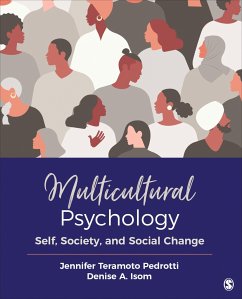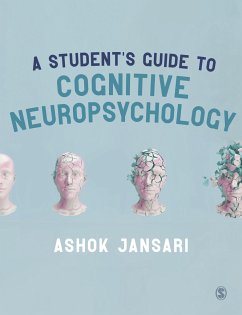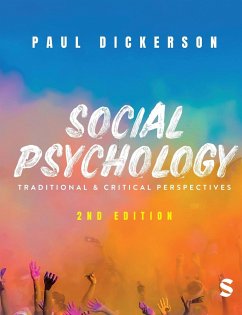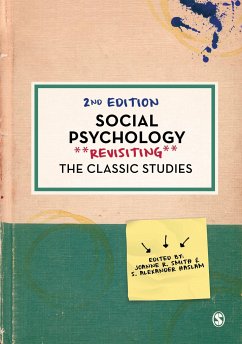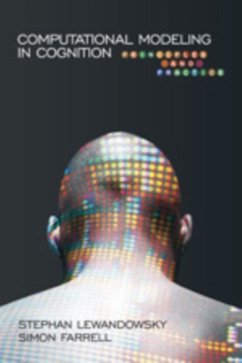Nicht lieferbar
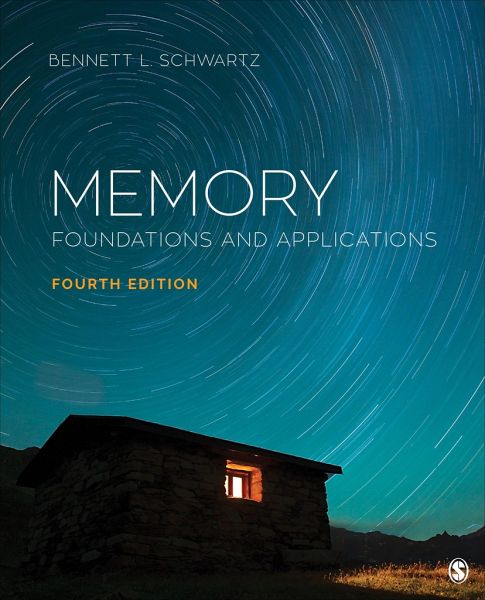
Memory
Foundations and Applications
Versandkostenfrei!
Nicht lieferbar
As author Bennett Schwartz says in Memory: Foundations and Applications, it is hard to imagine an aspect of psychology more fundamental than memory. This unique text covers key memory models, theories, and experiments, but goes a step further to demonstrate how students can apply these concepts to their everyday lives and improve their own ability to learn and remember. A new, three-pronged organization opens the text with an overview of the psychological science of Memory, builds expertise in advanced topics, and then allows the reader to think about how memory research can benefit society. N...
As author Bennett Schwartz says in Memory: Foundations and Applications, it is hard to imagine an aspect of psychology more fundamental than memory. This unique text covers key memory models, theories, and experiments, but goes a step further to demonstrate how students can apply these concepts to their everyday lives and improve their own ability to learn and remember. A new, three-pronged organization opens the text with an overview of the psychological science of Memory, builds expertise in advanced topics, and then allows the reader to think about how memory research can benefit society. Neuroscience research is integrated throughout each chapter to demonstrate our understanding of where memory processes occur and how researchers use data to shape memory theories. Additional updates to the the Fourth Edition include a chapter on memory science's relevance to the legal system, a chapter on memory issues in psychiatric disorders, a reorganized chapter on memory development, andan enlarged section on prospective memory now combined with the chapter on metamemory.
Included with this title:
The password-protected Instructor Resource Site (formally known as SAGE Edge) offers access to all text-specific resources, including a test bank and editable, chapter-specific PowerPoint® slides.
Included with this title:
The password-protected Instructor Resource Site (formally known as SAGE Edge) offers access to all text-specific resources, including a test bank and editable, chapter-specific PowerPoint® slides.







